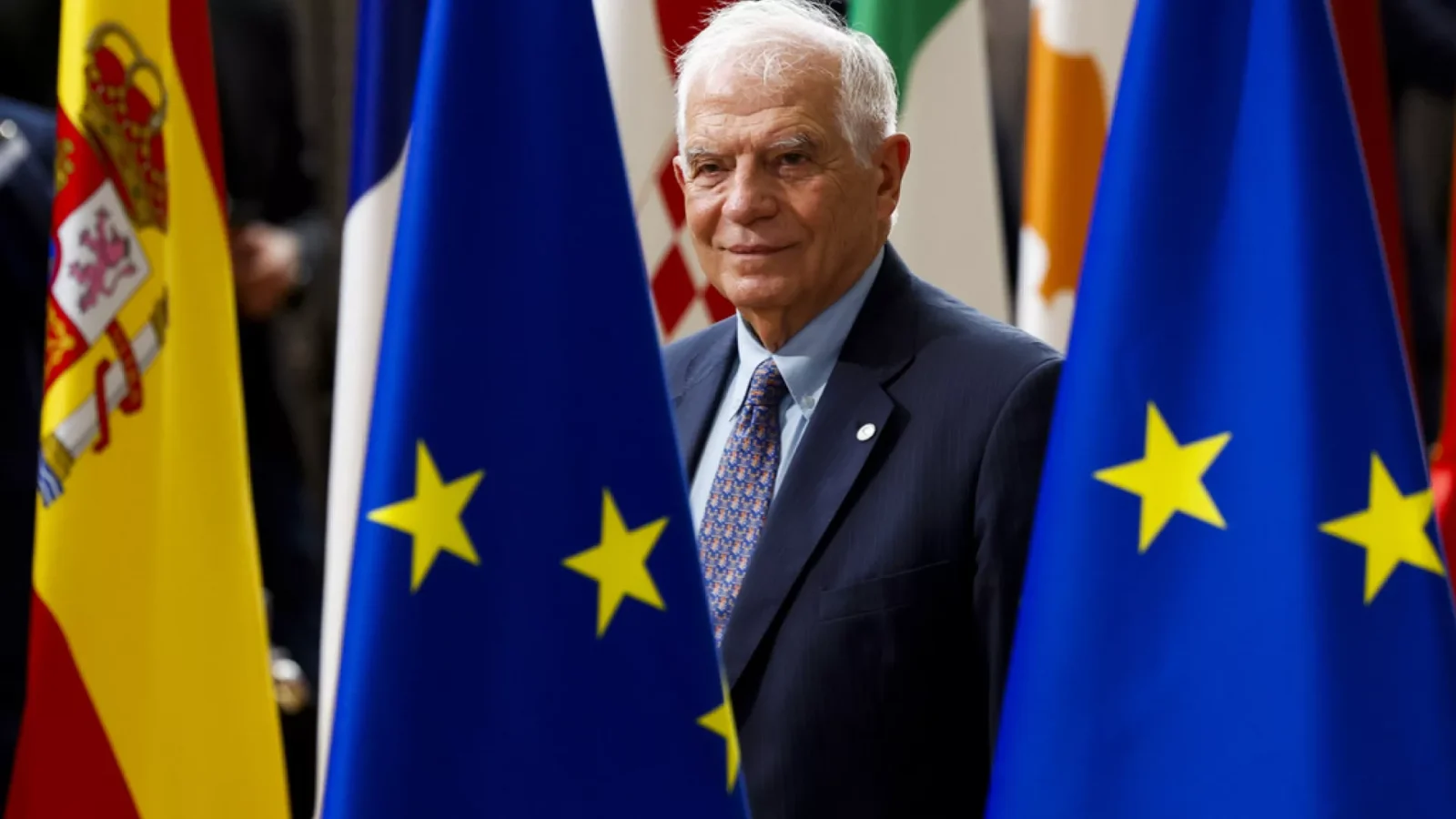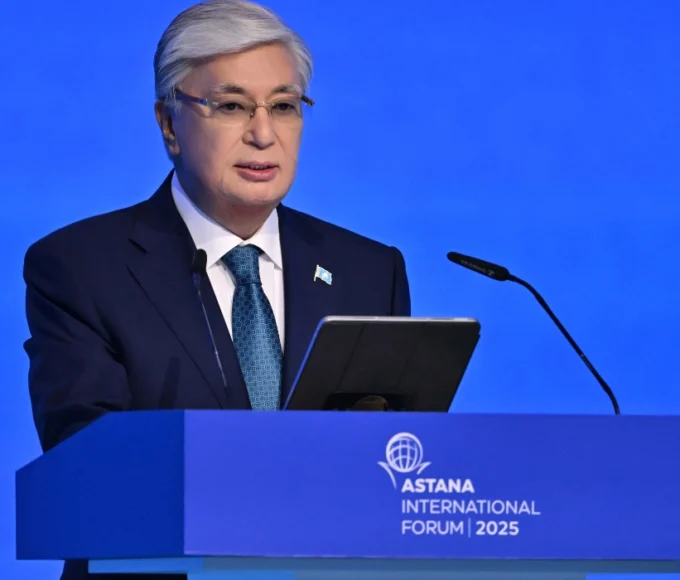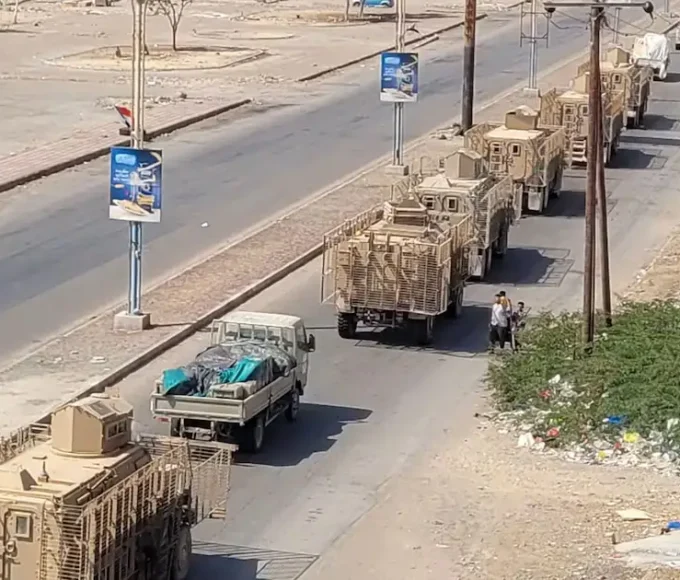Josep Borrell, the European Union’s High Representative for Foreign Affairs, has condemned the recent attack by the Israeli military on the United Nations Interim Force in Lebanon (UNIFIL). His remarks came during the 9th Union for the Mediterranean (UfM) Regional Forum held in Barcelona on Monday. Borrell stressed the importance of accountability, particularly in identifying the aggressor in these incidents, stating that failing to do so only obscures the truth of the situation.
“Simply stating that there are attacks on UNIFIL without naming the aggressor is misleading. The Israeli army is responsible for these attacks, and therefore it must be condemned,” Borrell emphasized. This statement underscores the EU’s commitment to transparency and accountability in international conflicts, particularly those involving humanitarian missions.
In addition to his condemnation of the Israeli military’s actions, Borrell expressed his intention to implement European Union sanctions against certain Israeli settlers and two members of the Israeli government—Bezalel Smotrich and Itamar Ben-Gvir. Borrell pointed out that these officials have been known for their inflammatory rhetoric against Palestinians, which he believes warrants a formal response from the EU.
“I have called on member states to adopt sanctions that would target leaders of settler organizations in the occupied West Bank. I also urge sanctions against Ministers Smotrich and Ben-Gvir for their hate-filled messages toward Palestinians,” Borrell explained, indicating a robust EU stance on human rights violations and the need for consequences against those who perpetuate conflict.
The forum also featured contributions from other key figures. Spain’s Foreign Minister, José Manuel Albares, reaffirmed his country’s commitment to the United Nations Relief and Works Agency for Palestine Refugees in the Near East (UNRWA), which plays a vital role in supporting millions of Palestinian refugees in the region. Albares’s comments highlight Spain’s recognition of the humanitarian crisis and the need for continued support for those affected by ongoing violence.
Jordan’s Foreign Minister, Ayman Safadi, also weighed in, stressing the importance of adhering to international humanitarian law. He stated, “International humanitarian law emerged from the suffering of Europe, so it is imperative that Europe stands by international law and prevents its violations.” This comment reflects a broader concern among European leaders about the legal and moral obligations to protect human rights in conflict zones.
During the forum, Nasser Kamel, the Secretary-General of the UfM, addressed the longstanding issue of the Israeli-Palestinian conflict, reiterating the necessity of a two-state solution. “We all know that the parameters of a solution are based on a two-state approach and the right of the Palestinian people to self-determination,” Kamel remarked, underscoring the urgent need for a resolution to the ongoing conflict.
In contrast to the international criticism, Israeli Prime Minister Benjamin Netanyahu participated in a memorial ceremony in Jerusalem for soldiers and civilians who have fallen since the beginning of the recent conflict on October 7. Despite the mounting pressure from the international community, Netanyahu expressed no intention of halting military operations in Lebanon and Gaza. “We will not abandon our mission of victory, and a central element of this mission is the return of all our hostages, both alive and deceased, to Israel,” he stated.
The ongoing tensions and military operations in the region highlight the complex and often volatile nature of Israeli-Palestinian relations. With leaders from the EU and Arab nations advocating for adherence to international law and humanitarian principles, the hope remains that dialogue and diplomacy can pave the way for a lasting peace. As the situation evolves, the commitment of international leaders to uphold human rights and work towards a resolution will be crucial in addressing the challenges faced by those affected by the conflict.
This article is originally published on fr.euronews.com







